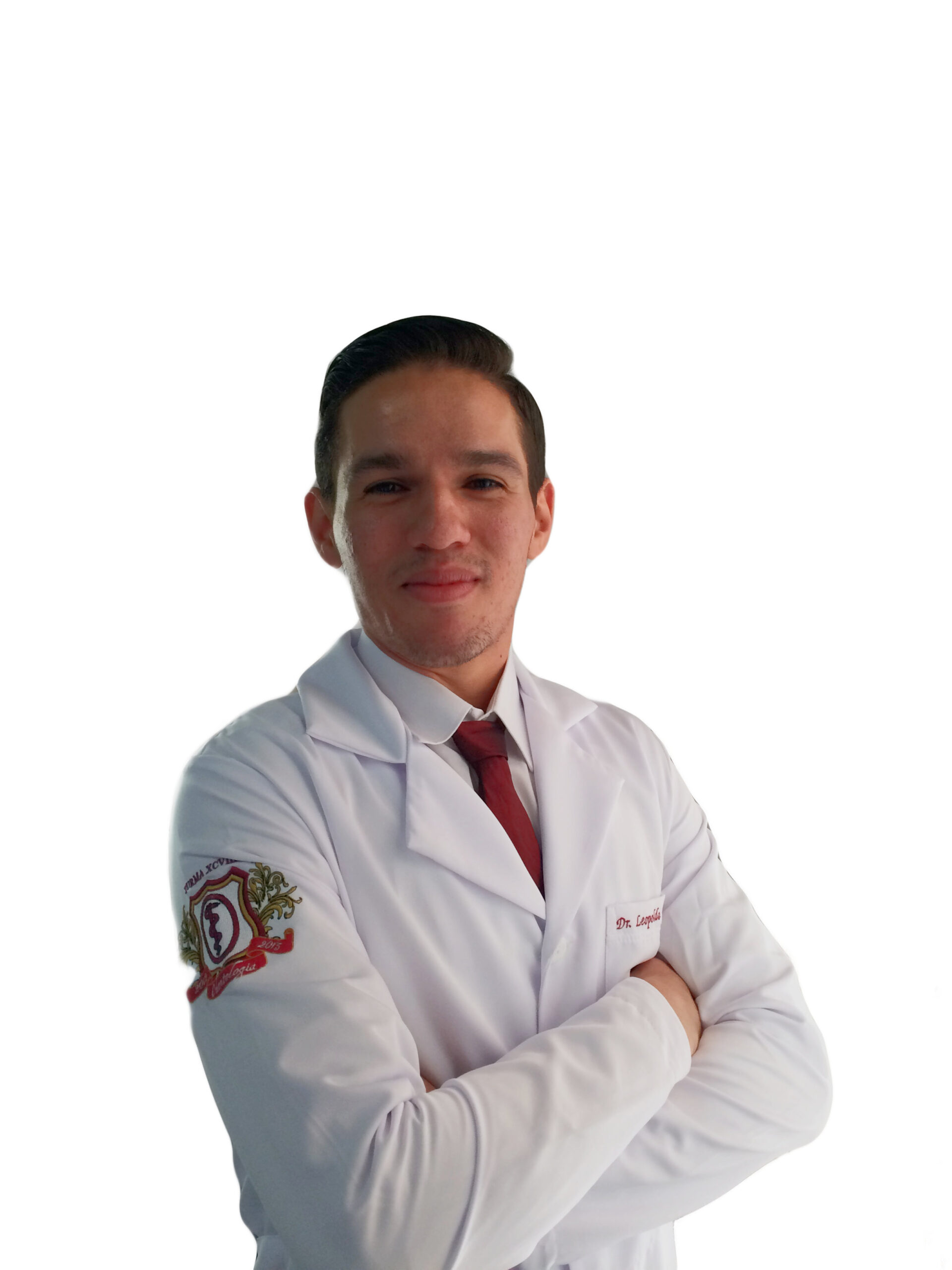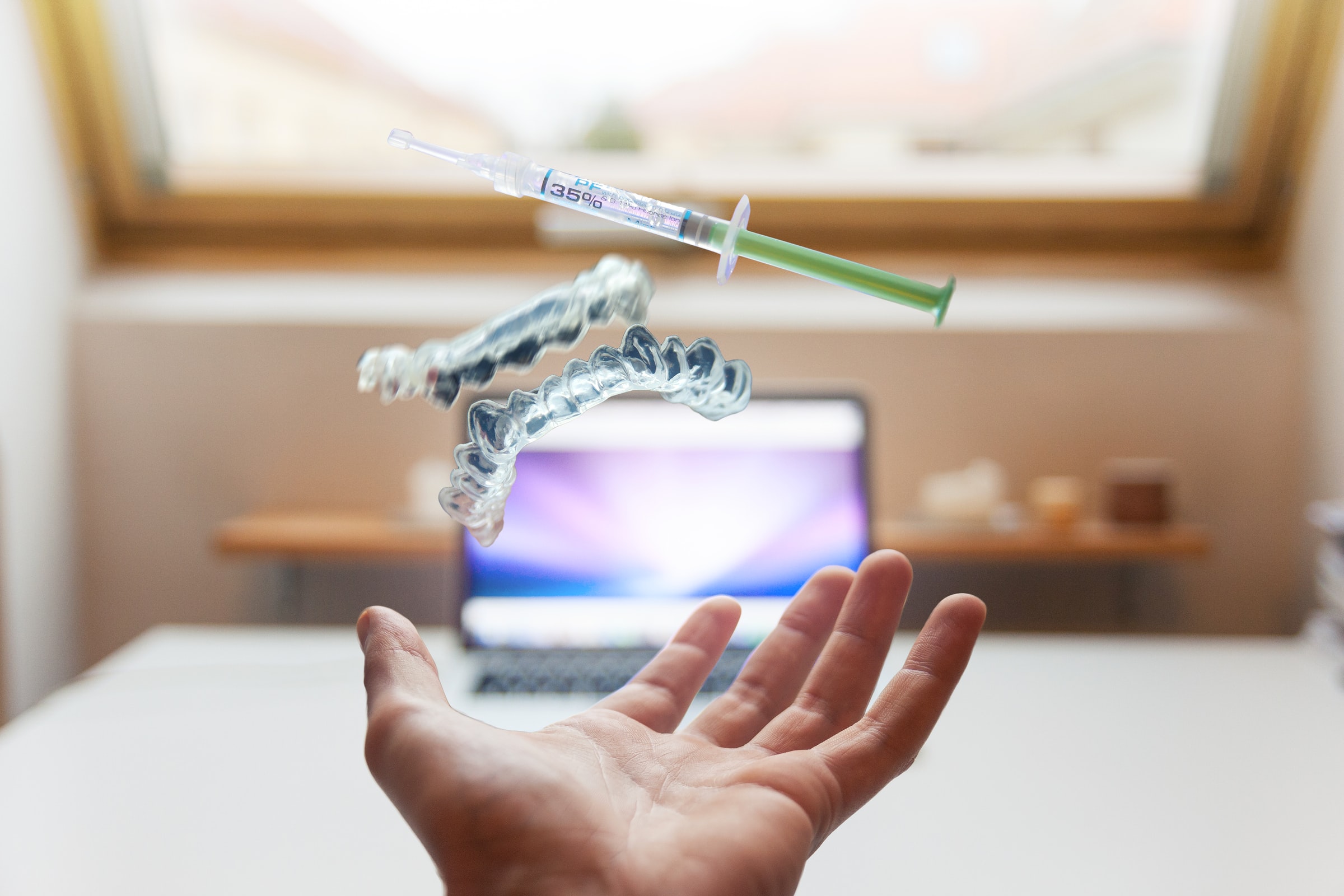Oral diseases are among the most common chronic conditions worldwide and poor oral health represents a high burden on health provisions.
Oral health is closely associated with general health and both share common risk factors. Poor oral health is especially significant among socio-economically disadvantaged groups. Populations with more adverse socioeconomic conditions are found to be at increased risk of dental caries, enamel development defects, periodontal disease and early tooth loss, among other oral conditions, which can lead to poorer quality of life and well-being.
In the same way, the socio-economic position of the individual, throughout the different stages of their life path, can condition both their general and oral health.
The deterioration of oral health seems to result from the cumulative exposure to underprivileged conditions throughout life. It is, therefore, essential to identify target points throughout an individual’s life where a preventive approach, or other types of interventions, may be appropriate and lead to better outcomes than those currently observed.
The Life Course and Oral Health laboratory aims to understand how social determinants at different stages of the life course can influence oral health outcomes. At the same time, it aims to explore how oral health status can be used as an indicator of adverse health exposures early in life.
Public health interventions which promote oral health should focus on early intervention to ensure that children and families have the best possible start in life by creating a health-promoting social environment that is conducive to good oral health and greater equity.
Early childhood interventions should include a range of complementary strategies, including healthy public policies, the creation of supportive environments, strengthening community action, developing personal skills and ensuring social and health professional support.









